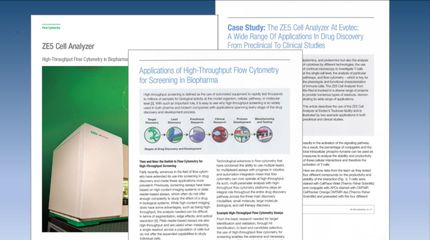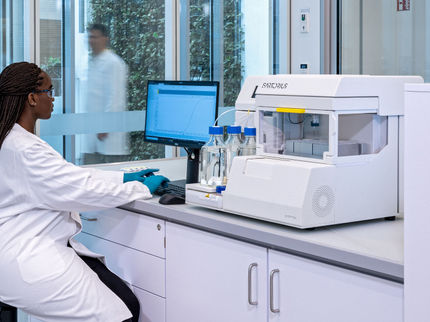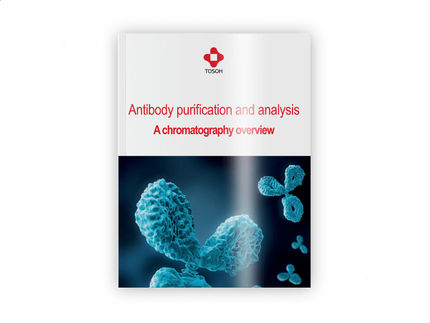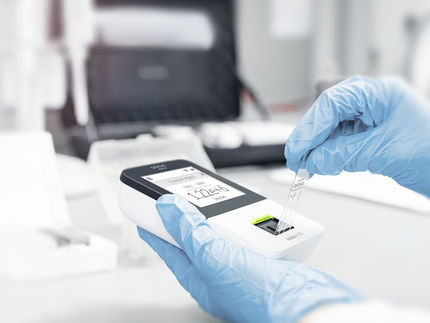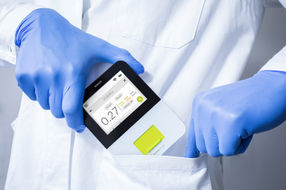anvajo
Holographic analysis of single cells
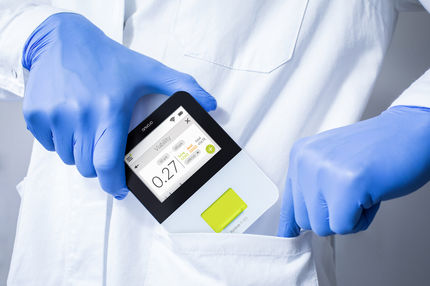
Native and staining-free pharmacologic assessment of drug dose responses
A sensitive and reproducible cell viability assay is essential for monitoring cell health in cell culture laboratories. Moreover, viability assays are a fundamental tool in the drug discovery process as well as in the assessment of cytotoxicity. Assaying cell viability typically involves biochemical methods, such as dye exclusion stains to probe membrane intactness, DNA intercalating agents or metabolic assays that emit fluorescence based on enzymatic activity. However, this involves additional incubation and handling steps of mostly cytotoxic reagents leading to additional error sources, and prolonged experimental time.
In contrast, the fluidlab R-300 detects viability based on morphological and foremost compositional changes occurring during cell death. The change in composition e.g. reflects protein turnover and can be assessed due to the quantitative nature of the phase signal in the fluidlab R-300’s innovative holographic microscope. This technological novelty makes additional handling and staining steps unnecessary and the percentage of viable cells is directly accessible from a cell suspension.
Advertisement
White Paper classification
White papers on related topics
Products on related topics
See the theme worlds for related content
Topic World Cell Analysis
Cell analyse advanced method allows us to explore and understand cells in their many facets. From single cell analysis to flow cytometry and imaging technology, cell analysis provides us with valuable insights into the structure, function and interaction of cells. Whether in medicine, biological research or pharmacology, cell analysis is revolutionizing our understanding of disease, development and treatment options.
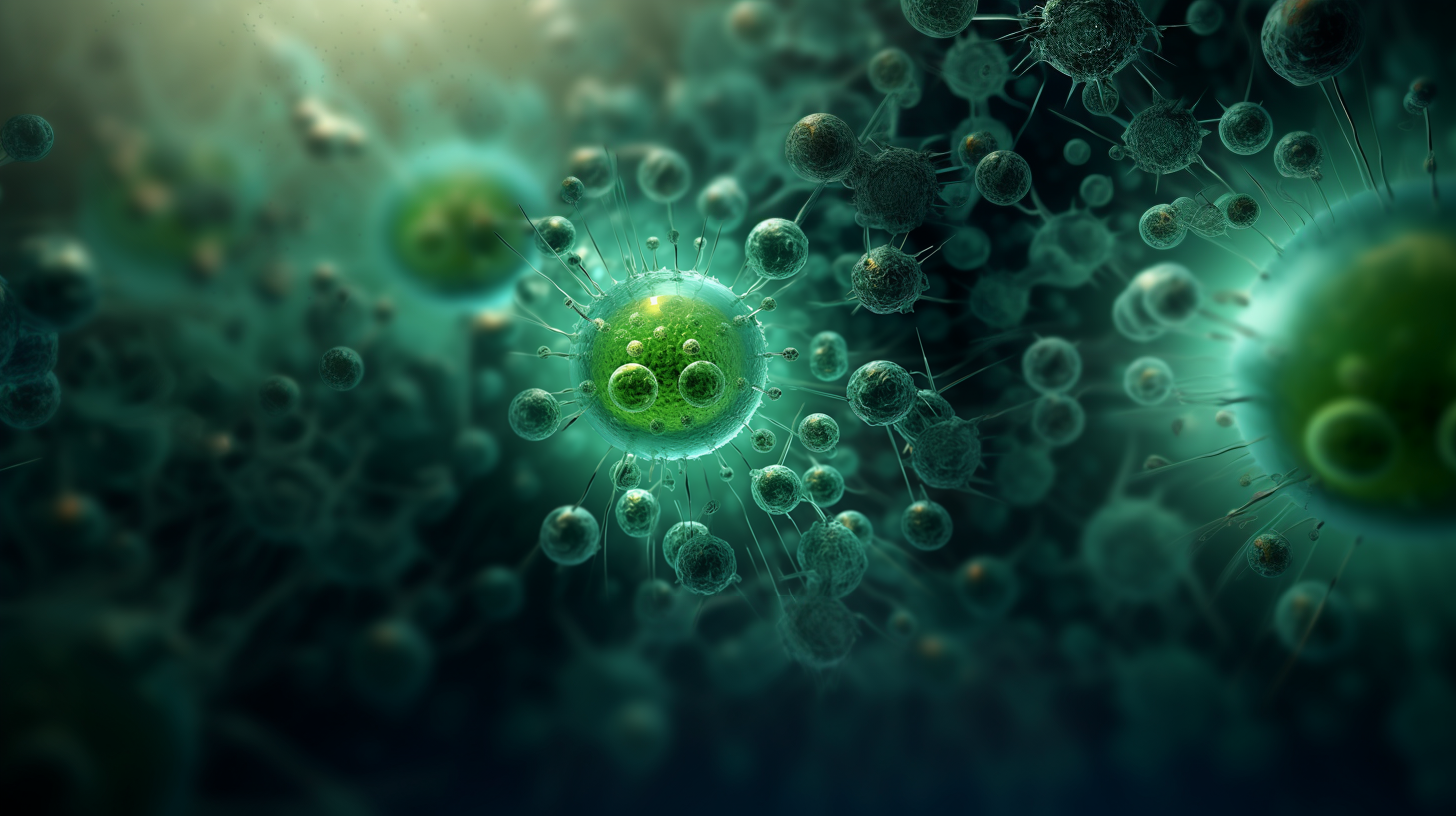
Topic World Cell Analysis
Cell analyse advanced method allows us to explore and understand cells in their many facets. From single cell analysis to flow cytometry and imaging technology, cell analysis provides us with valuable insights into the structure, function and interaction of cells. Whether in medicine, biological research or pharmacology, cell analysis is revolutionizing our understanding of disease, development and treatment options.





